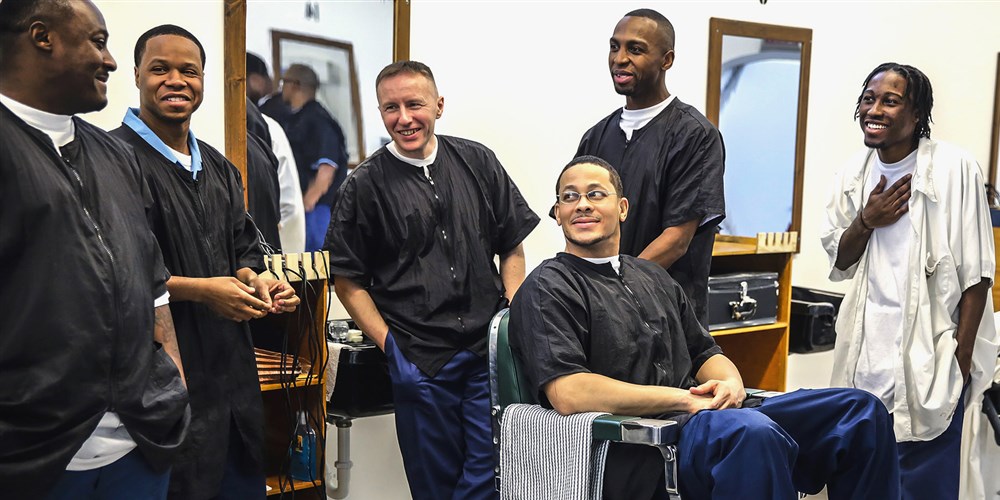 Social media has become a huge part of the
lives of many people. It's a great way to connect and
network with others all over the world. I recently made a
presentation at job fair where I met employers that have hired
felons or ex-offenders in the past.
Social media has become a huge part of the
lives of many people. It's a great way to connect and
network with others all over the world. I recently made a
presentation at job fair where I met employers that have hired
felons or ex-offenders in the past.
I asked 30 of the 50 or
so employers "Are there any new techniques employers use to
screen potential employees?" The overwhelming response was that
they check applicant's social media. Employers have started
to monitor a potential employee's social media as a fast and
really alternative to expensive background checks.
It's hard enough getting a job with a criminal record.
There can be things on your social media accounts that can make
getting jobs for felons even harder. There are a lot
of things that employers look for on social media that can ruin
an applicant's chances at getting hired. Here are the
main things that may catch an employers eye.
Unprofessional Screen Name or
Profile - Like it or not, employers will judge you by
your screen name so choose wisely. Names like "Sexy Kitten"
or "Big Daddy D" may sound cool for connecting but they really
won't help you get a job. In fact it may hurt your chances
to get a job. You can never go wrong using your own name.
Information about Alcohol or Drug Use - A
weekend of hard partying may have been fun but posting about it
may really turn employers off. Pictures of you passed out
or impaired may be funny but it won't be to someone who may have
wanted to hire you.
Inappropriate Photos or Videos - Picture and
video of lewd or provocative behavior posted anywhere is
damaging. Be careful of other people posting stuff with you
in it. This can be equally damaging. Also be mindful
of being photographed or recorded in any situation that may
related to criminal behavior. Being recorded with guns,
gang members or drug paraphernalia may boost your street
credibility but it will have the opposite effect on your ability
to get a job.
Derogatory Comments Related to Religion, Race, Sexual
Orientation or Gender - No matter what your personal
views are about these subjects, spouting them in a negative way
on social media will really make you look bad to an employer
especially if personal offense is taken.
Posting these types of things on social media is bad enough but
sharing these types of things posted y others will have the same
effect. Also anyone can take anything you have posted and
share it. Even if you have deleted it, negative posts may
still alive and shared all over the internet so be careful.
Social media is a sign of the times. It can even be a lot of fun
but bear in mind the effect that it may have on your job
search. There are employers that may hire ex-offenders and felons. Your
social media will make a difference to someone who wants to hire
a professional mature minded person. Keep it clean, keep it
professional, keep it G-Rated and you should have no
problem.
Jobs for Felons: Social Media can Hurt your Job Search
Jobs for Ex-offenders and Felons: Ten Steps to Getting a Job with a Criminal Record
Jobs for Felons: The Facts about Companies that Hire Ex offenders and Felons (2018)
Jobs for Felons: Five Places Felons Can Find Jobs - Get a Job Quickly!
companies hire felons | companies that hire felons | Companies that hire ex-offenders | Employers that hire ex-offenders | employers that hire felons | Jobs for felons | jobs for ex-offenders | jobs that hire felons | places that hire felons | felon friendly jobs | felon friendly employers | how to get a job with criminal record | second chance jobs for felons | temp agencies that hire felons | high paying jobs for felons
Jobs for Felons: Social Media can Hurt your Job Search
Eric Mayo
















